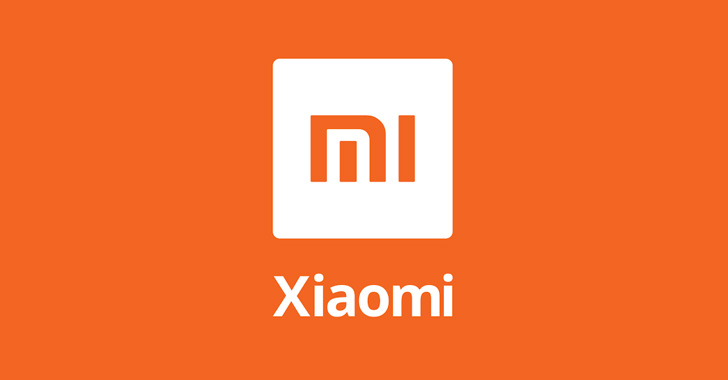Products You May Like
Security flaws have been identified in Xiaomi Redmi Note 9T and Redmi Note 11 models, which could be exploited to disable the mobile payment mechanism and even forge transactions via a rogue Android app installed on the devices.
Check Point said it found the flaws in devices powered by MediaTek chipsets during a security analysis of the Chinese handset maker’s “Kinibi” Trusted Execution Environment (TEE).
A TEE refers to a secure enclave inside the main processor that’s used to process and store sensitive information such as cryptographic keys so as to ensure confidentiality and integrity.
Specifically, the Israeli cybersecurity firm discovered that a trusted app on a Xiaomi device can be downgraded due to a lack of version control, enabling an attacker to replace a newer, secure version of an app with an older, vulnerable variant.
“Therefore, an attacker can bypass security fixes made by Xiaomi or MediaTek in trusted apps by downgrading them to unpatched versions,” Check Point researcher Slava Makkaveev said in a report shared with The Hacker News.
Additionally, several vulnerabilities have been identified in “thhadmin,” a trusted app that’s responsible for security management, which could be abused by a malicious app to leak stored keys or to execute arbitrary code in the context of the app.
“We discovered a set of vulnerabilities that could allow forging of payment packages or disabling the payment system directly from an unprivileged Android application,” Makkaveev said in a statement shared with The Hacker News.
The weaknesses take aim at a trusted app developed by Xiaomi to implement cryptographic operations related to a service called Tencent Soter, which is a “biometric standard” that functions as an embedded mobile payment framework to authorize transactions on third-party apps using WeChat and Alipay.
But a heap overflow vulnerability in the soter trusted app meant that it could be exploited to induce a denial-of-service by an Android app that has no permissions to communicate with the TEE directly.
That’s not all. By chaining the aforementioned downgrade attack to replace the soter trusted app to an older version that contained an arbitrary read vulnerability, Check Point found it was possible to extract the private keys used to sign payment packages.
“The vulnerability […] completely compromises the Tencent soter platform, allowing an unauthorized user to sign fake payment packages,” the company noted.
Xiaomi, following responsible disclosure, has rolled out patches to address CVE-2020-14125 on June 6, 2022. “The downgrade issue, which has been confirmed by Xiaomi to belong to a third-party vendor, is being fixed,” Check Point added.



